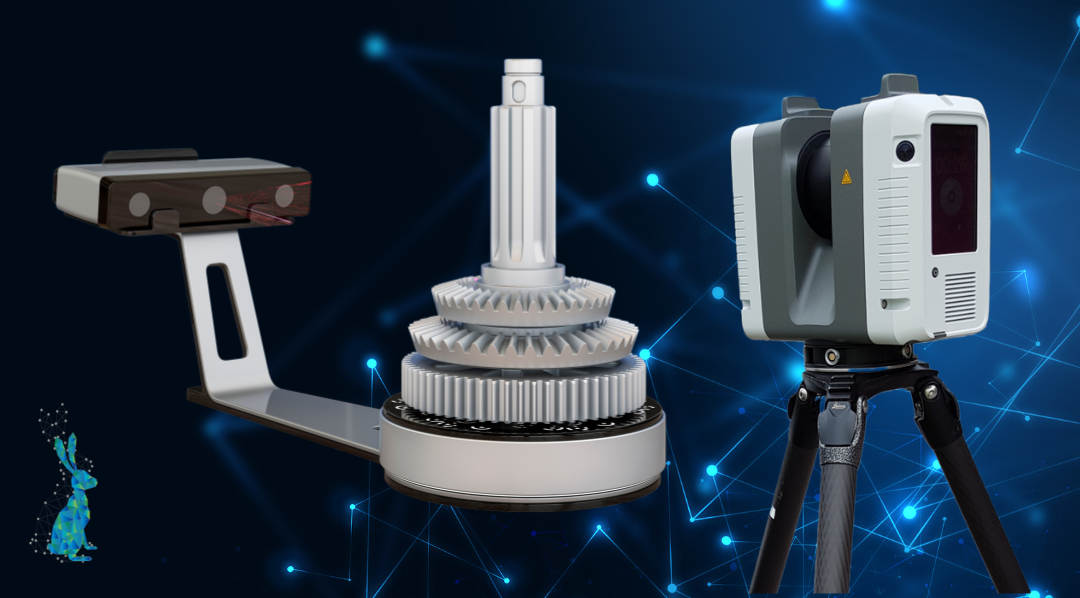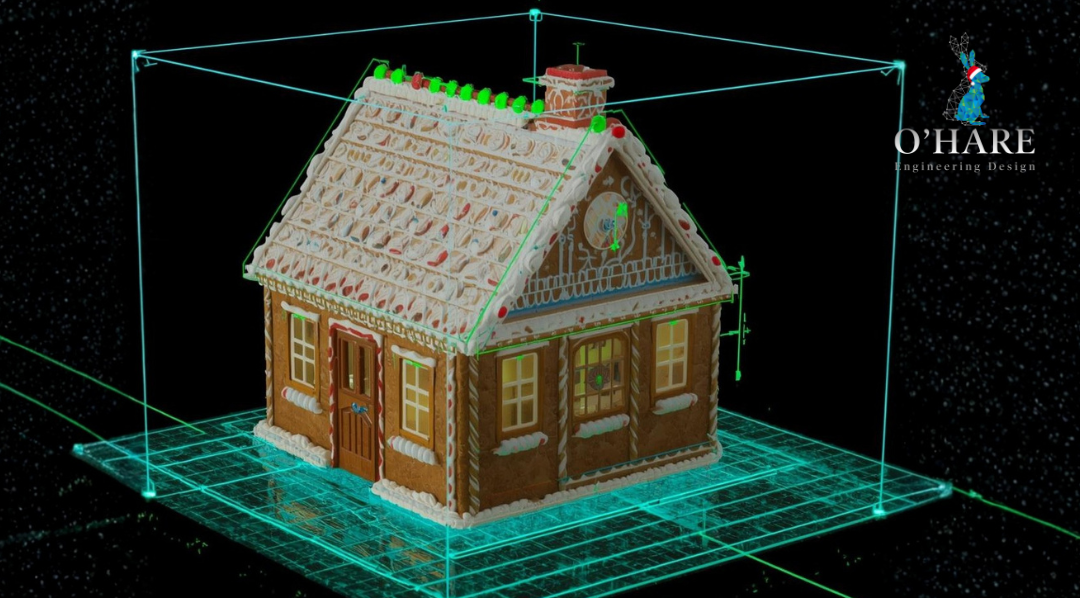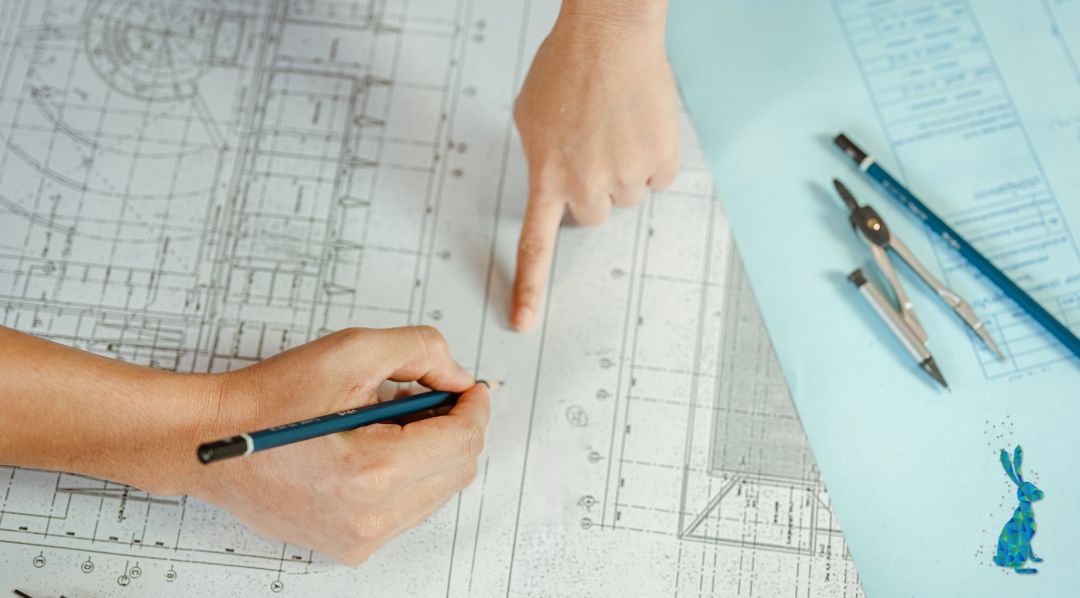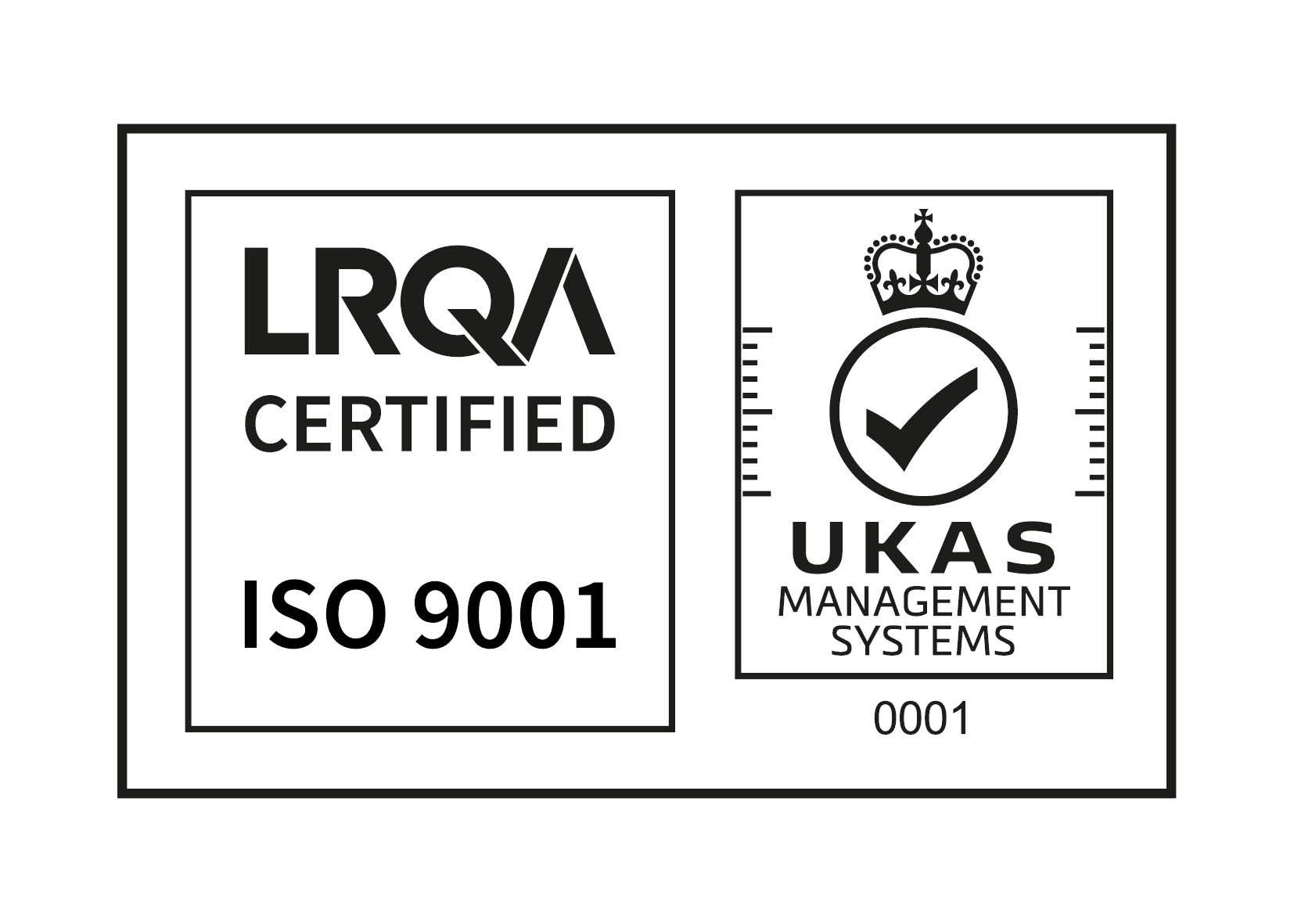WHAT DOES A MECHANICAL DESIGNER REQUIRE FROM AN ORGANISATION TO BEGIN A PROJECT?

WHAT DOES A MECHANICAL DESIGNER REQUIRE FROM AN ORGANISATION TO BEGIN A PROJECT?
Date: 18th May 2023
There’s many reasons why an organisation might be considering bringing in an external consultant on an engineering design project. They might require specialists and expertise that aren’t currently available in-house. Or expensive specialist equipment, like laser scanners, that's cheaper to outsource than buy.
Whatever your reason to outsource this work, there’s one question I hear time and again from potential clients - particularly bigger organisations in the chemical, oil, gas and power sectors. And that is ‘what information are you going to require from me?’
Often, the reason behind this is because they’re concerned that they will need to hand over lot’s of sensitive material about the site or business which can involve a lot of legal documentation and paperwork.
So, this raises the question… What is the bare minimum that a mechanical designer needs to know ahead of beginning a project?
1. Project scope
What are the project requirements, objectives, and goals? In order to provide the best outcomes, a mechanical design engineer needs to understand the solution you’re looking to achieve in order to help you achieve this. We don’t need to know all the details about your wider site, but understanding how you want it to fit into the existing infrastructure and business goals is important.
2. Budget
Hopefully this one won't be too much of a shock to you! Before a designer can start on a project, it's important that they understand the allocated budget to ensure that design decisions are aligned with financial constraints. This doesn’t necessarily need to be set in stone, but shaving a vague idea is important so that an organisation isn’t too shocked by a quote and doesn’t risk a big bill on completion.
3. Technical specifications
One of the most important pieces of information any mechanical designer will request at the start of a project is your P&ID (if you’re not sure what this is, check out this blog from February 2023). This document should contain detailed information about pipe size, line number, material, insulation and systems - just to name a few things - that’ll give your designer the technical specifications they need to get started.
4. Communication channels
This probably isn’t something that a designer will directly ask you for, but it's something that will need to be agreed before you get started. Who will your designer be reporting to? And will the organisation have a designated contact who they can call if they have any questions? By having these clear communication channels from the get go, it will ensure that the project progresses smoothly, information is shared as efficiently as possible and any issues are addressed promptly.
By providing these resources and information to the mechanical designer, the organisation can help ensure that the project is completed efficiently and effectively, and meets the organisation's needs and expectations.
If you’re considering starting a mechanical design project and would like to find out more about how we can help,
book a free design consultation today using this link.




